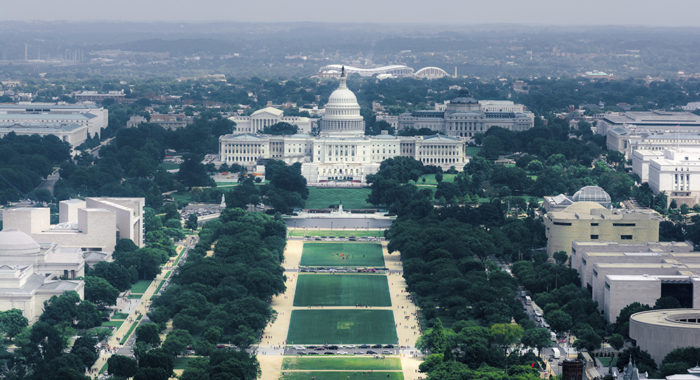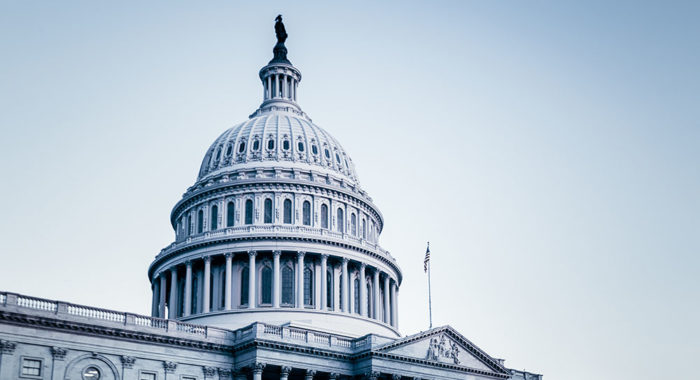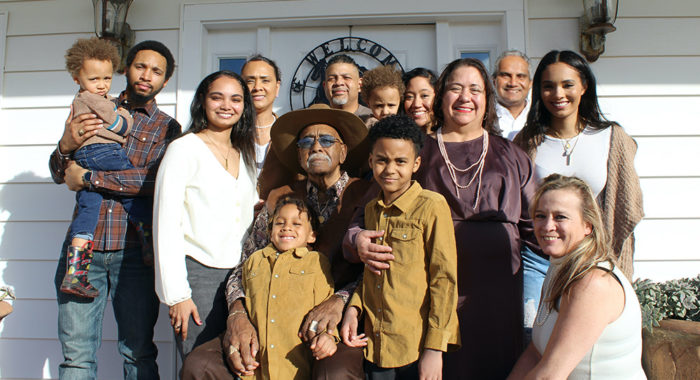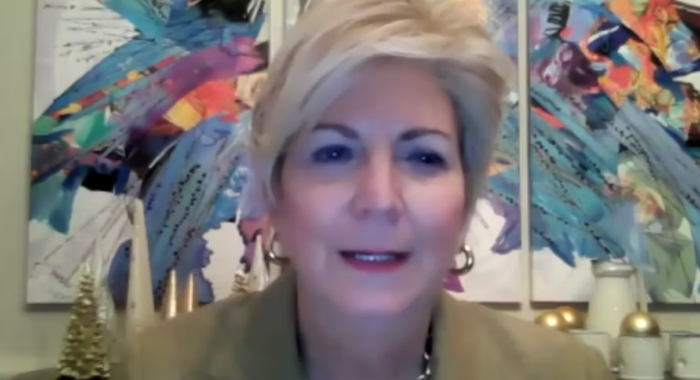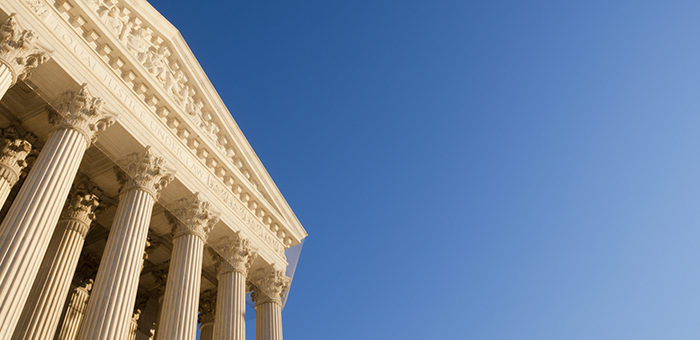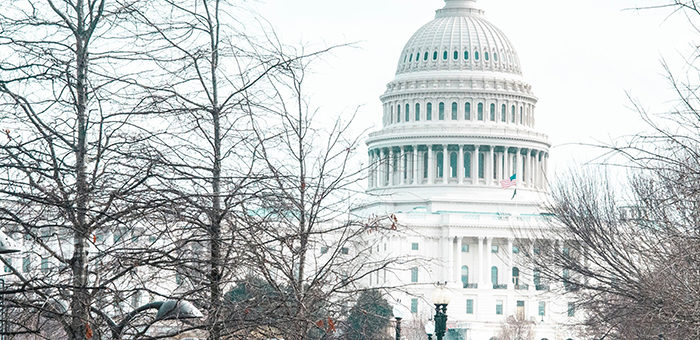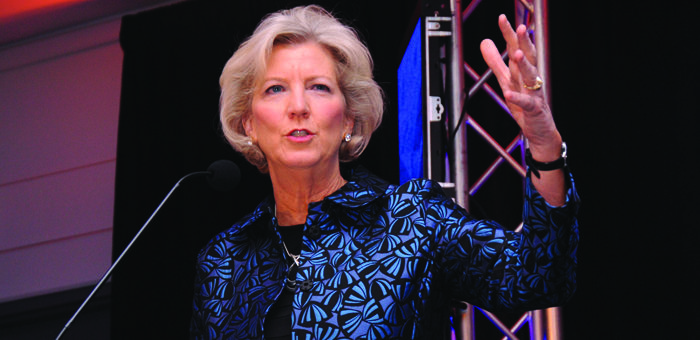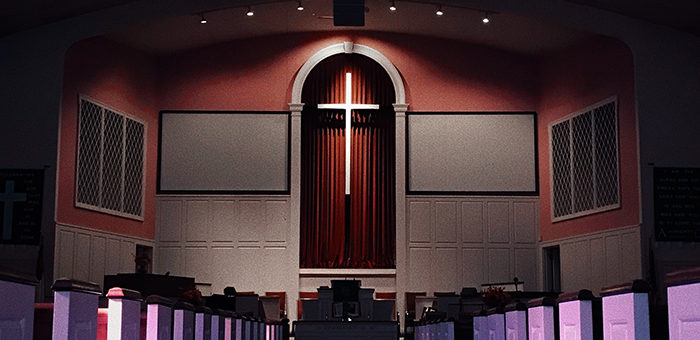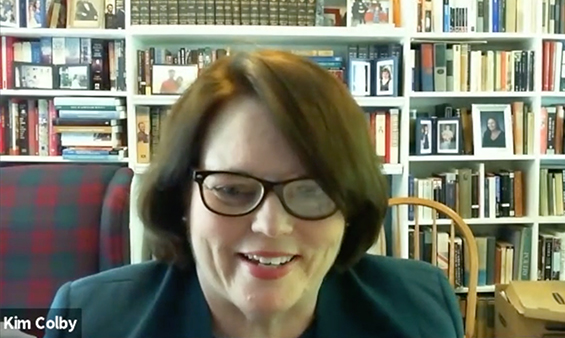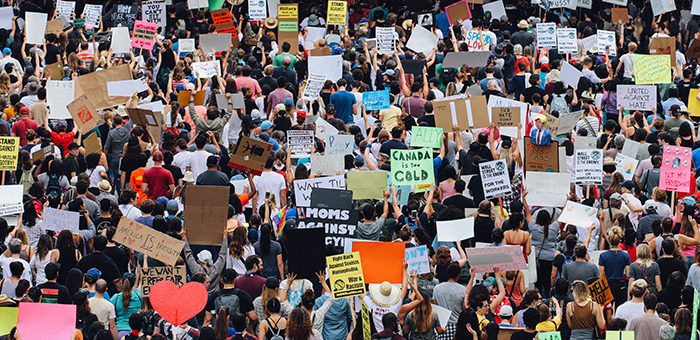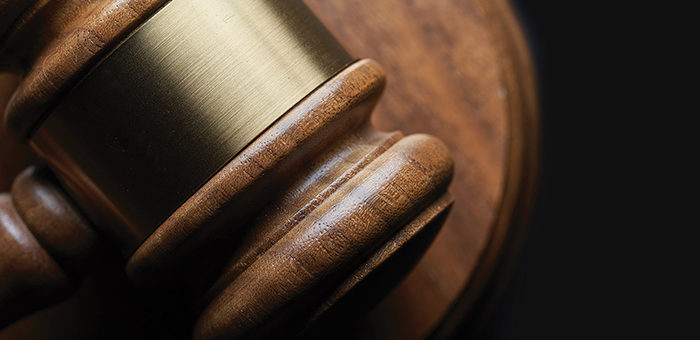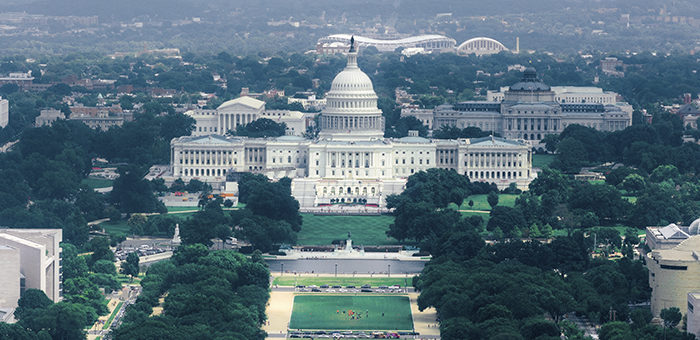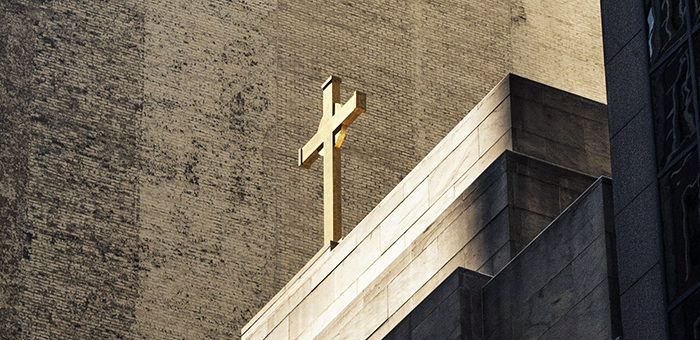
In a victory for religious freedom, the Supreme Court ruled in Espinoza v. Montana Department of Revenue that government may not exclude religious groups when administering general benefit programs. The case involved a state income tax credit for donations to scholarship funds used to enable low-income students to attend K-12 private schools.
Like over half the states in the United States, Montana has a constitutional provision known as a “Blaine Amendment” that bars state aid to religious organizations. Based on that provision, the Department of Revenue prohibited the use of the scholarship funds by students attending religious schools, while they allowed scholarship funds to be applied other private schools. When affected parents filed suit claiming this was a violation of their First Amendment Free Exercise rights, the Montana State Supreme Court enforced the Blaine Amendment and ordered the scholarship program to be shut down.
The National Association of Evangelicals joined a coalition of religious groups in an amicus brief that argued that the Free Exercise Clause requires government to be neutral toward religion. The Supreme Court’s ruling offers parents more options when choosing schools for their children as they access scholarship programs. The state of Montana sought to defend its law by arguing that it was seeking to prevent resources from being diverted from its public schools, but the Supreme Court pointed out that the Blaine Amendment targeted only religious schools not all private schooling.
The NAE believes families should be able to make decisions about how to educate their children, and should have access to public and private schools and homeschooling options. At the same time, the Bible condemns gross disparities in opportunity and outcome that cause suffering and perpetuate poverty. All children need access to a high quality education in order to fully develop their God-given talents.



 View All Updates
View All Updates 




